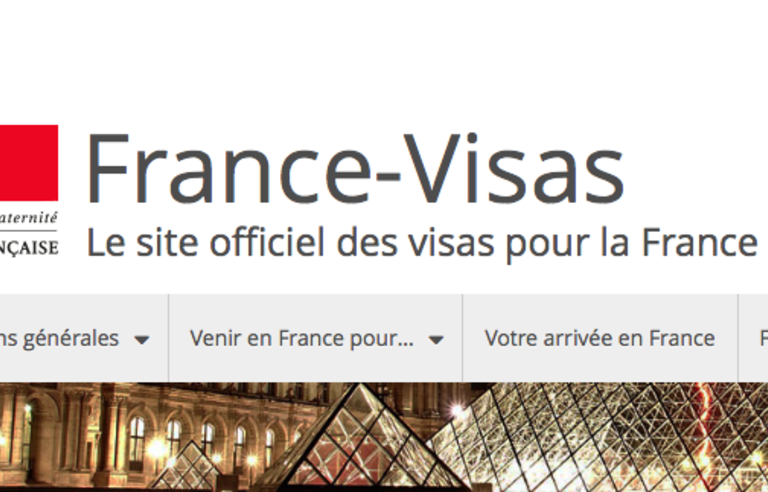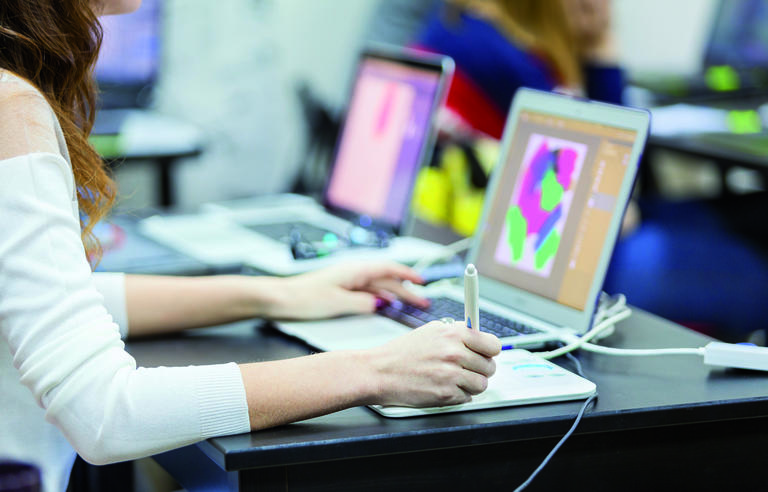Social security, which is the public medical insurance system, is free and allows students to have 70% of their healthcare expenses reimbursed on average. In order to increase the amount of healthcare expenses reimbursed, it is recommended to buy a supplementary medical insurance.
How to see a doctor
Within universities, there are Health Departments named Service Universitaire de Médecine Préventive et de Promotion de la Santé (SUMPPS - University Department for Preventive Medicine and Health Promotion). You can make an appointment with a doctor there. Some consultations are free, in particular for contraception, testing, vaccinations, nutrition and mental health.
You can also get a doctor's contact information and make an appointment online on doctolib.fr website
Here are a few important numbers
112: European emergency number
15: SAMU (Service d’Aide Médicale Urgente / Emergency Medical Service)
18: Fire Department
3624: for a visiting doctor to go to your home if you are too sick to get out. This service is available 24/7.
How to benefit from social security
Social security, which is the public medical insurance system, is free and allows students to have 70% of their healthcare expenses reimbursed on average.
You are a Canadian student (excluding Quebec)
You need to register on https://etudiant-etranger.ameli.fr.
You are a student from Quebec
-If you are going to France on an exchange program, you need to have the form SE 401 Q 106 filled out by your higher education institution in Quebec and by the Régie d'Assurance Maladie du Québec (RAMQ);
-If you are going to France in order to obtain a French diploma (Licence, Master, MBA, Doctorat), you need to have the form SE 401 Q 102 bis filled out by the Régie d'Assurance Maladie du Québec (RAMQ).
Warning: While covered by the French social security, a student cannot request a reimbursement from the RAMQ.
Being a student with a disability in France
Universities have information on the support available for students with disabilities. These students, for example, often receive dedicated administrative support, adapted access to premises and teaching assistance (tutorials, support, note-takers, etc.).
















